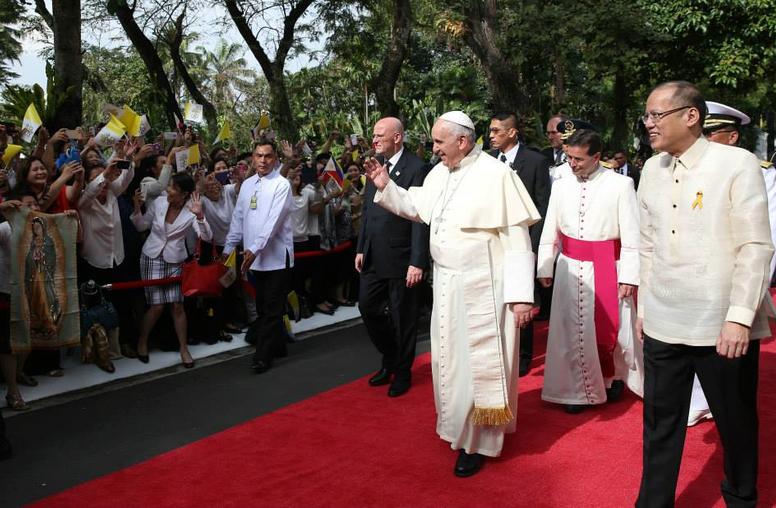Despite its prevalent and persistent role, many questions remain about the impact of religion on nonviolent action. To what extent do religious beliefs influence activists’ decisions to start or join nonviolent campaigns? What role do religious actors and institutions play during times of nonviolent uprising, whether through direct participation in a movement or in providing mediation to support conflict resolution efforts? How do religious actors, ideas and practices shape a movement’s strategic choices? Can spiritual dimensions play a role in determining the tactics (e.g., protests, boycotts and civil disobedience) used by nonviolent movements? Might they even influence the success or failure of such efforts? And under what conditions are religious dimensions most likely to exert these influences?
The Religion and Nonviolent Action Project explores these and related questions through:
A meta-synthesis of past studies in order to capture their common themes, concepts and theories. This qualitative review also identifies a broad series of questions to guide future analysis.
Original data collection on the religious dimensions of nonviolent action campaigns from 1945-2013. This includes:
- The Religion and Nonviolent Action (RNVA) dataset 1.0, which consists of 183 nonviolent action campaigns for major political change between 1945 and 2013. The RNVA data set is compatible with version 2.1 of the Nonviolent and Violent Campaigns and Outcomes (NAVCO) dataset. It is suitable for analyzing the prevalence, dynamics, drivers, and outcomes of nonviolent action campaigns that draw on religion. The RNVA dataset can be found here.
- A global map presenting the 183 nonviolent action campaigns included in the RNVA dataset. The interactive map, available at the top of this page, shows nonviolent action campaigns by country and includes information on the religious dynamics for relevant campaigns.
Quantitative cross-national analysis that identifies broad trends in the role of religion in nonviolent action campaigns over the past few decades and across geographic regions. Attention is paid to both the general role of religion and the impact of particular religious dimensions, with a focus on how religion influences the outcome of nonviolent action campaigns. In-depth case studies may also explore these trends in particular contexts.
Our findings will be summarized and disseminated through scholarly publications, policy briefs and action guides for grassroots activists and peacebuilding practitioners. Ultimately, we hope this project will:
Encourage more systematic study of the relationship between religion and nonviolent action. For too long, the majority of attention has remained on how religion does or does not contribute to forms of violent resistance. And while peace scholars and practitioners often acknowledge the role of religion, their focus has largely been on peacemaking and peacebuilding rather than nonviolent action.
Support inclusive engagement in peace processes by underscoring the role of religious actors in nonviolent movements. Even when not the cause of a conflict, religious ideas, practices, leaders and institutions can shape the form and consequences of movements seeking to address injustices and initiate economic, political and social reforms.
Featured Resources

How the Catholic Church Can Bolster Alternatives to Violence
As the Vatican Considers a Shift on “Just War”, Nonviolent Action Could be Key




